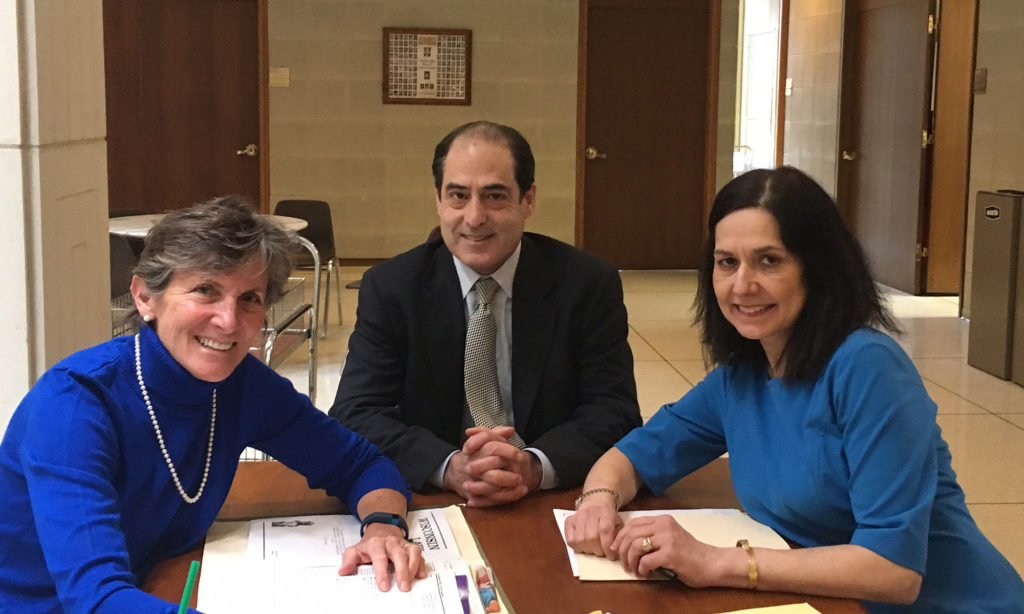For most of humanity, individuals rarely reached an advanced age. Life was cruel, brutish and short. If you even survived childhood, and most did not, you faced any host of rampant diseases, all of which are now treatable, and most of which were poorly understood in the first place. The medical profession was as likely to do more harm than good in its treatment and beliefs.
So we really never had a society-wide proliferation of aging people. Soon the typical demographical pyramid with a wide base of young and a narrow top of the aged will be rectangular and at current trends will eventually be an inverted triangle.
We also today have made such vast technical improvements in medical care that we can artificially prolong life, even when it is vastly compromised, even when autonomy and mobility have been robbed. THe disabled can live productive fulfilling and happy lives which was close to impossible a century ago.
Thus for most of humanity, we really didn’t have much input in how we died. We were swept away in epidemic outbreaks such as the Black Plague, or cholera, or typhoid or yellow fever. In wartime, to be injured was likely to lead sooner than later to death.
But now, we actually have a choice. We can have the plug pulled. That is a constitutional right, to decide when we have had enough and no longer want to continue the struggle tied up to a machine. But that means of course, that we are in a hospital. We now die in hospitals, not at home. A century ago, almost everybody died at home, surrounded by family and friends holding vigil. Today, most of us die in antiseptic, unfamiliar nursing homes and hospitals.
Dying is the last thing each of us does as a human, as a living thing. As humans, we can control our destiny’s end. SHouldn’t that be our supreme right.

Edmund Tiryakian
Ed Tiryakian, J.D., MBA, founded Dying Right NC in 2015 and is its Executive Director. He previously worked in international banking in Asia before retiring to his native NC.He believes End of Life issues are one of society’s most pressing challenges as we all live longer and the medicalization of the dying process continues to conflict with the individual’s right to choose his or her end.


